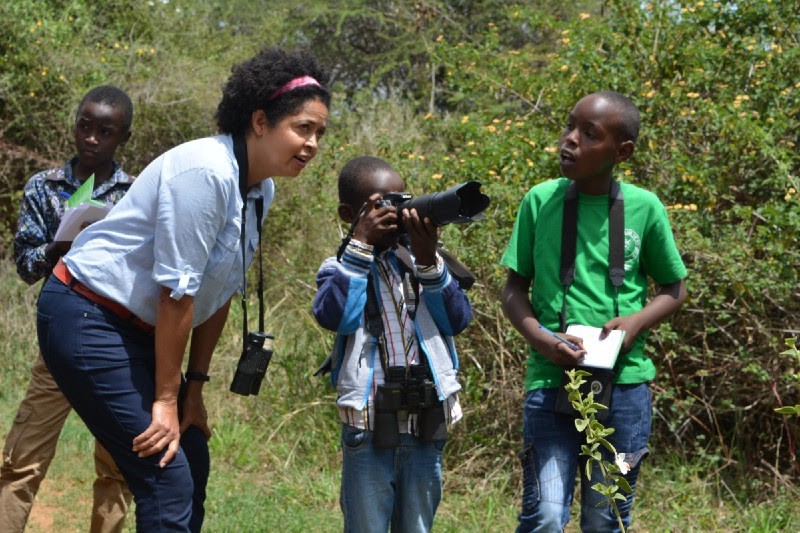Who Are The Real Experts

“We need stories as diverse as the bio-diverse ecosystem we’re trying to save.”
– Michael Premo, “Water Warriors”
The traditional delineation of expertise is being challenged today. Not just the fact that many experts in nature, environmental and science films are white, male and Western, but also that expertise should not be limited to scholars and Western canons of knowledge. We are seeing a strong call for greater representation, diversity, inclusivity, as well as a growing emphasis on acknowledging local voices as experts. Inherent bias has always been a challenge in filmmaking, from misunderstanding cultural norms to blatant misrepresentation. Today, there is a strong spotlight on what steps need to be taken to amplify overlooked voices, and who has the right to tell which stories. We are seeing an increase in the inclusion and amplification of local perspectives as voices of authority.
Relatable characters provide a context for local audiences and this can be key to cultural change. When viewers identify with people on the screen, they are more likely to embrace the film’s perspective. Dr. Paula Kahumbu, CEO of the nonprofit Wildlife Direct is the executive director and host of a local series in Kenya called Wildlife Warriors. It is entirely produced by Kenyans for Kenyans and, in 2019, reached over 50% of the Kenyan television audience. The series is supported by USAID and recently rebroadcast across 26 countries in Africa and the Caribbean – reaching as many as 79 million viewers.
Relatable characters play a significant role in establishing an empathetic connection. In participatory filmmaking, local voices take part in the narrative design and production process, which greatly enhances the film’s relatability and ability to evoke empathy. (See Collaborative Models for more about this).
In Unbreathable – the Fight For Healthy Air (2020), the experts range from political figures to a young women on the front lines of anti-pollution activism. It is a model of distributed knowledge intended to spark both environmental and civic engagement. The historical milestones and interviews emphasize the value of bipartisan cooperation among policymakers. The story about high school students in Baltimore who successfully rally their community amplifies the voice of youth climate activists. The range of relatability is inclusive, driving home the message that clean air is a human right for everyone.
Up Next